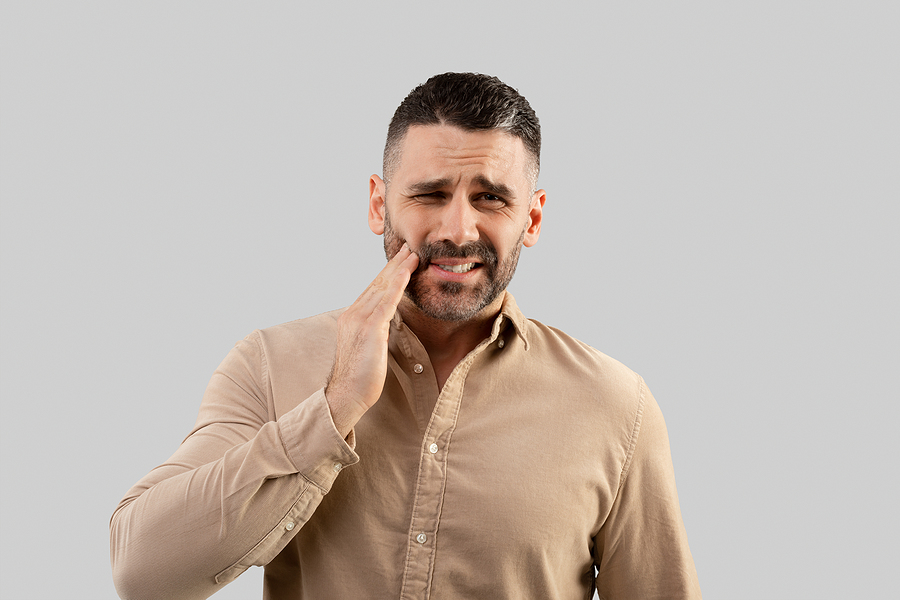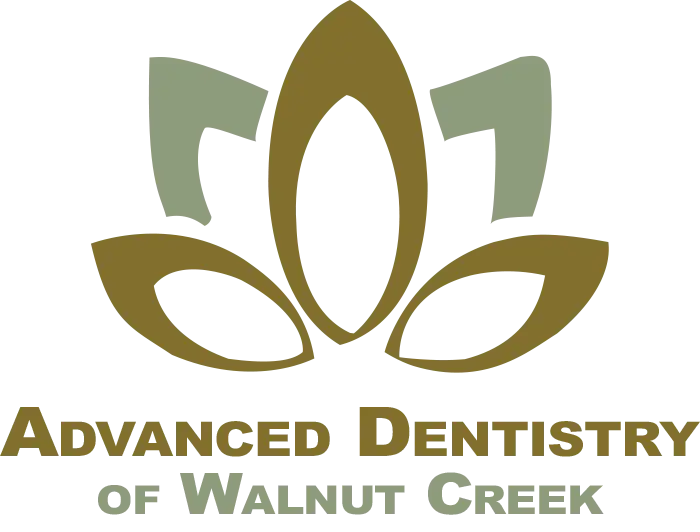![This is a thumbnail image of blog What is the Process for Getting Dental Veneers? This is a thumbnail image of blog What is the Process for Getting Dental Veneers?]()
What is the Process for Getting Dental Veneers?
Apr 28, 2022![This is a thumbnail image of blog Don’t Hold Back Your Smile In A Picture This is a thumbnail image of blog Don’t Hold Back Your Smile In A Picture]()
Don’t Hold Back Your Smile In A Picture
May 04, 2022![This is a thumbnail image of blog Welcome to Advanced Dentistry Of Walnut Creek This is a thumbnail image of blog Welcome to Advanced Dentistry Of Walnut Creek]()
Welcome to Advanced Dentistry Of Walnut Creek
May 09, 2022![This is a thumbnail image of blog Is It Better To Have an Orthodontist Apply Invisalign Aligners Than a General Dentist? This is a thumbnail image of blog Is It Better To Have an Orthodontist Apply Invisalign Aligners Than a General Dentist?]()
Is It Better To Have an Orthodontist Apply Invisalign Aligners Than a General Dentist?
Apr 28, 2022![This is a thumbnail image of blog Dental Emergency? Give Us A Call This is a thumbnail image of blog Dental Emergency? Give Us A Call]()
Dental Emergency? Give Us A Call
May 05, 2022
Common Reasons Why You May Need a Tooth Extraction

Common Reasons Why You May Need a Tooth Extraction
Welcome to our dental blog! Today, we're diving into a topic that may make some people cringe, but fear not - we're here to provide you with the information you need. We're talking about tooth extractions! While it may sound intimidating at first, there are several reasons why this procedure might be necessary for your oral health.
When is a Tooth Extraction Necessary?
When it comes to tooth extraction, many people cringe at the thought. After all, who wants to have a tooth pulled out? But sometimes, it's necessary for the overall health and well-being of your mouth. Here are some reasons why you may need a tooth extraction:
- Severe decay: If a tooth has extensive decay that cannot be fixed with a filling or crown, extraction may be the only option. Leaving severely decayed teeth in place can lead to further infection and even damage surrounding teeth.
- Wisdom teeth: These third molars often emerge during late adolescence or early adulthood and can cause various problems such as pain, overcrowding, and misalignment of other teeth. In such cases, removing them is commonly recommended.
- Gum disease: When gum disease reaches an advanced stage called periodontitis, it can cause bone loss around the affected teeth. If left untreated, this can make the affected teeth loose and eventually require extraction.
- Impacted teeth: Teeth that don't fully emerge through the gums are known as impacted teeth—typically seen with wisdom teeth but can occur with any tooth in your mouth, causing pain and discomfort necessitating their removal.
- Trauma or injury: Accidents happen! Teeth that have been fractured or severely damaged due to trauma may need to be extracted if they cannot be repaired effectively through restorative procedures like crowns or root canal treatment.
What to Expect During a Tooth Extraction Procedure
During a tooth extraction procedure, it is natural to feel a mix of anticipation and apprehension. But, understanding what to expect can help alleviate some of the anxiety. Here's a breakdown of what typically happens during a tooth extraction:
- Consultation: Before the procedure, you'll have an initial consultation with your dentist or oral surgeon. They will examine your teeth and take X-rays to determine if extraction is necessary.
- Anesthesia: To ensure your comfort throughout the procedure, local anesthesia will be administered to numb the area around the tooth being extracted. In more complex cases or for patients with dental anxiety, sedation options may also be available.
- Extraction process: The dentist or oral surgeon will use specialized tools to carefully loosen and remove the affected tooth from its socket in the jawbone. Sometimes, an incision may be needed to access impacted or severely damaged teeth.
- Post-extraction care: Afterward, gauze will be placed over the extraction site to control bleeding and promote blood clot formation. You may need stitches for larger extractions, but most simple extractions do not require them.
- Swelling and discomfort: It's common to experience swelling, mild pain, and some bleeding after tooth extraction. Your dentist may prescribe pain medication and recommend applying ice packs on your face to reduce swelling.
Remember that everyone's experience with tooth extractions can vary based on individual circumstances like age, overall health condition, the complexity of the case, etc., so it's important to follow any post-operative instructions provided by your dentist closely for optimal healing.
Conclusion
Tooth extraction is a common dental procedure that may be necessary for various reasons. From severe decay and infection to overcrowding or damaged teeth, there are several situations where extracting a tooth becomes the best course of action.
While the thought of having a tooth extracted can be intimidating, it's important to remember that modern dentistry has made great strides in ensuring patients' comfort and minimizing pain during the procedure. With proper care and precautions taken both before and after the extraction, you can have a smooth experience and maintain optimal oral health.
If you're experiencing any dental issues or have concerns about your teeth, it's always best to consult with a qualified dentist who can evaluate your situation and recommend the most appropriate treatment plan. Remember, prevention is key when it comes to maintaining good oral health, so make sure to practice regular brushing, flossing, and routine visits to your dentist for check-ups.
Don't let fear or hesitation hold you back from seeking professional help if you suspect that you may need a tooth extraction. Your dental health plays an essential role in your overall well-being, so take charge of it by staying informed and proactive. Your smile will thank you!

Working Hours
- MONClosed
- TUE - THU8:30 am - 5:00 pm
- FRI8:30 am - 2:00 pm
- SAT - SUNClosed





comments